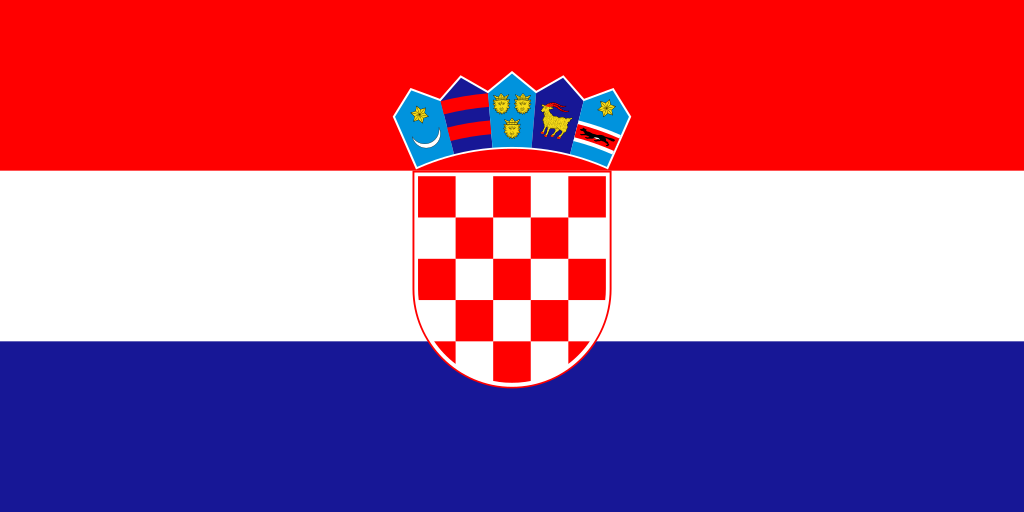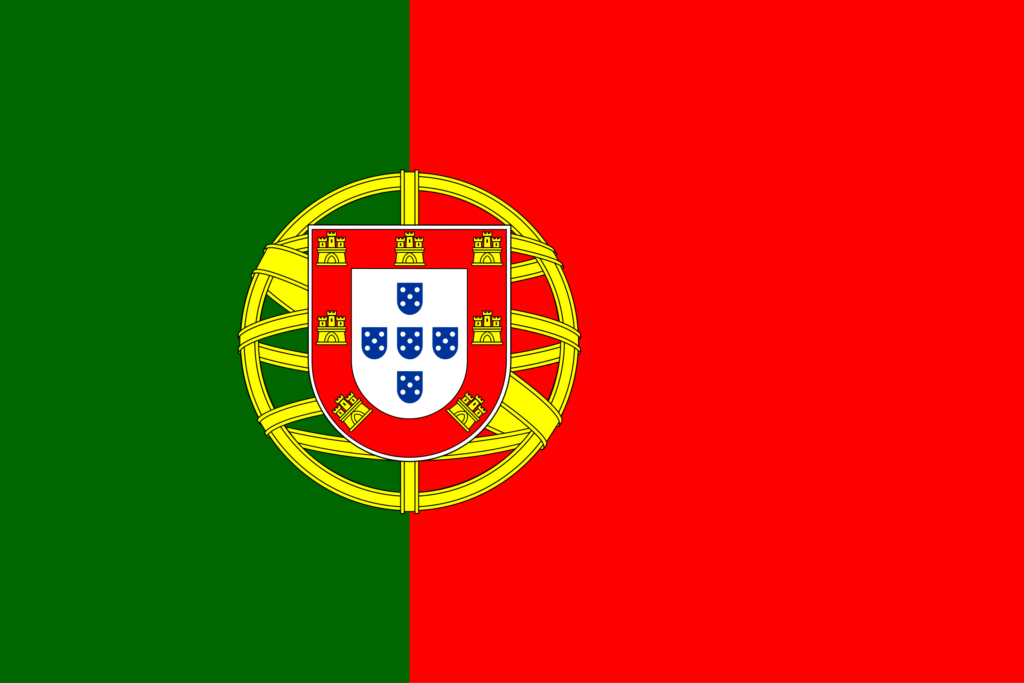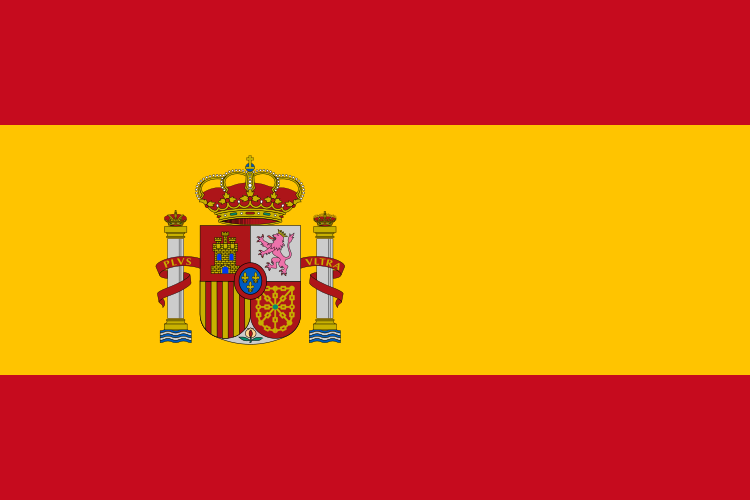With the rising cost of living and high taxes in Canada, many are feeling the pinch. Housing prices and everyday expenses are climbing, making digital nomadism more appealing than ever. This lifestyle lets you work from anywhere, often in places with a lower cost of living and a better quality of life. In this blog, we’ll explore the top digital nomad visa options for Canadians, offering a path to financial freedom and exciting new adventures.

1. Croatia
Croatia now offers a digital nomad visa, letting remote workers live there for up to a year without paying local income tax. To qualify, you need to be employed by or own a company registered outside Croatia, earn at least €2,520 monthly, have valid health insurance, and a clean criminal record. The application process is straightforward: submit your documents online or at a Croatian consulate, then wait for approval. This visa allows a one-year stay and lets close family members join you.

2. Italy
Italy recently introduced a digital nomad visa in April 2024, aimed at remote workers, freelancers, and employees of foreign companies. To qualify, you need an annual income of at least €28,000, proof of remote work, comprehensive health insurance, and a clean criminal record. You’ll also need a valid passport and proof of accommodation. The application involves collecting the necessary documents, submitting them at an Italian embassy or consulate, and waiting for approval. The visa allows a one-year stay, which can be renewed, and family members can join you.

3. Portugal
Portugal’s D7 Passive Income Visa is ideal for young tech professionals and digital nomads with steady passive income. This visa suits non-EU nationals earning from pensions, rentals, investments, or remote work. To qualify, you need a minimum annual income of €8,460, plus more for dependents, proof of accommodation, a clean criminal record, and valid health insurance. The process includes getting a Portuguese NIF, securing accommodation, and applying at a Portuguese consulate. Benefits include Schengen Area access, potential permanent residency, and family reunification.

4. Spain
Spain’s Non-Lucrative Visa is great for young professionals and digital nomads who can support themselves without local work. You need a monthly income of €2,520, proof of remote work or self-employment, a degree or three years of experience, valid health insurance, and a clean criminal record. Apply by getting a NIE number, submitting documents to a Spanish consulate, and waiting for approval. This one-year visa can be renewed, and family members can join.

5. Estonia
Estonia is a pioneer with its digital nomad visa, welcoming remote workers early on. To qualify, you need a gross monthly income of €4,500 for the past six months, an employment contract with a company outside Estonia, or freelance work mostly outside Estonia. Apply at the nearest Estonian embassy, provide proof of income and remote work ability, and wait about 30 days for processing. The visa allows a one-year stay and visa-free travel in the Schengen Area.
More countries are seeing the benefits of attracting remote workers, and digital nomad visas are popping up everywhere. We’ll keep this article updated with new opportunities. For Canadians looking for affordable living and the freedom to work from abroad, these visas are a great option. Embrace this chance to experience new cultures, lower your living costs, and keep your career going remotely. Stay tuned for the latest updates on the best digital nomad visa options around the world.
